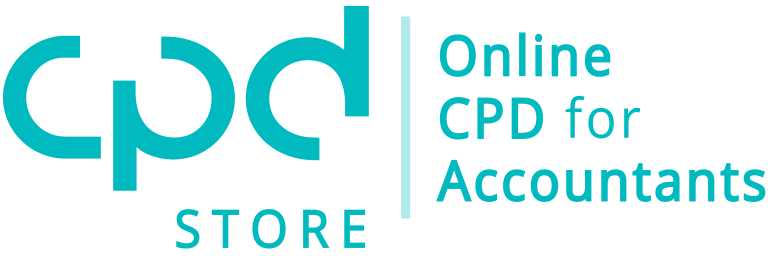Accountants advising limited company clients in financial difficulty need to understand when and how the company law ‘creditor duty’ applies, so their directors must take creditors’ interests into account alongside or instead of those of the company’s shareholders.
Historically, the law in this area has been vague but the Supreme Court has recently provided, for the first time, much greater clarity and practical guidance on the creditor duty – when it is triggered, its content and what directors need to do to comply with it - for directors and their advisors in its ‘momentous’ decision in BTI 2014 LLC v Sequana.
Since then, a further court ruling on the creditor duty has been given in the context of a failed tax planning scheme, in which it was argued that the creditor duty was triggered when HMRC first challenged the scheme, so directors should have considered creditors’ interests from that moment on.
The triggers are insolvency-related, and bring into sharp focus the need for directors (and their advisors) to keep a very close eye on whether their limited company is either balance sheet or cashflow insolvent, and carry out a constant balancing exercise to weigh up how much ‘skin in the game’ the company’s creditors have in each directors’ decision as against the company’s shareholders, in the light of their company’s financial situation and the likelihood of a future insolvency proceedings.
This course will help accountants understand;
- When the creditor duty is triggered
- Who it is owed to
- The content of the duty
- What directors have to do to show they are complying with the duty
- When directors should take legal advice
